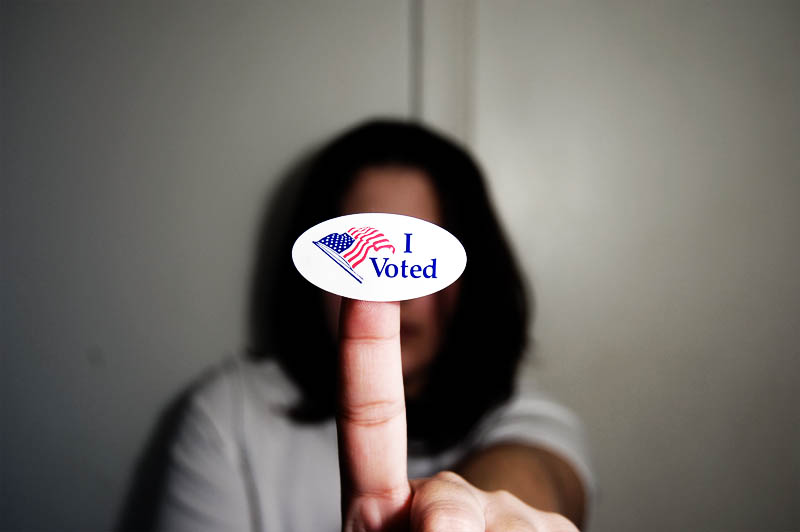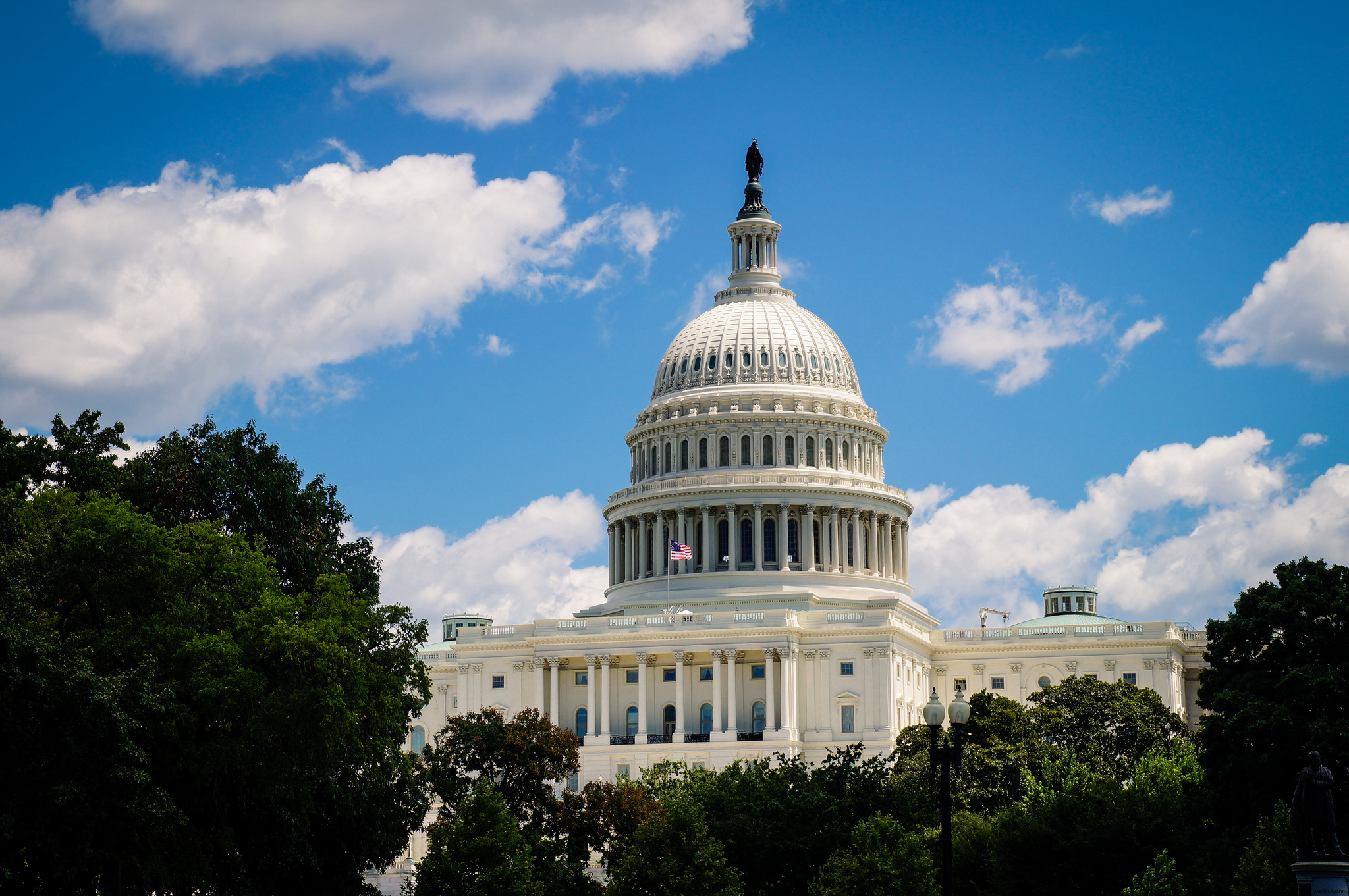October 21, 2014
Tech’s takeover of midterm elections
Back in 2012, we told you all about apps and technology needed to navigate the Republican and Democratic Conventions. Two years later, we find ourselves weeks from the hotly [...]
My Life in Apps: Music Enthusiast
Before we get started, it seems necessary (given the subject) to ask for a moment of silence for the iPod classic. For many, this pocket-sized device was a stepping-stone [...]
App Company Steps Up to Fight Ebola
A third person has been diagnosed with Ebola in the United States and at least 125 patients are now being monitored for symptoms. President Obama has cancelled his travel plans to coordinate a national Ebola response strategy while airports across the country are beefing up security to prevent the spread of the virus.
My Life in Apps: Recent grad, new city
After four years filled with studies (and a fair amount of non-academic activities) in the small town of Oxford, Ohio, I truly had no idea where I’d end up [...]
September 18, 2014
Congress committed to mobile health innovation
Today Congressmen Marino and DeFazio sent a letter to HHS Secretary Sylvia Burwell that outlined several steps HHS should take to provide clarity surrounding confusion on HIPAA in [...]
Senate Bill Brings Clarity to the Cloud
A recent Federal Court decision out of New York set a dangerous precedent by requiring Microsoft to turn over emails stored outside the United States. This decision [...]





